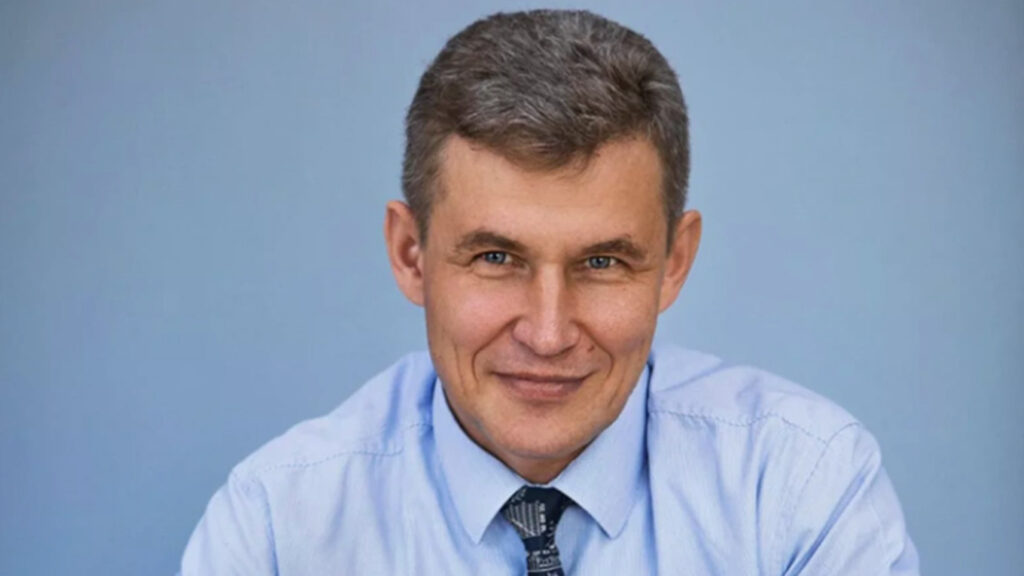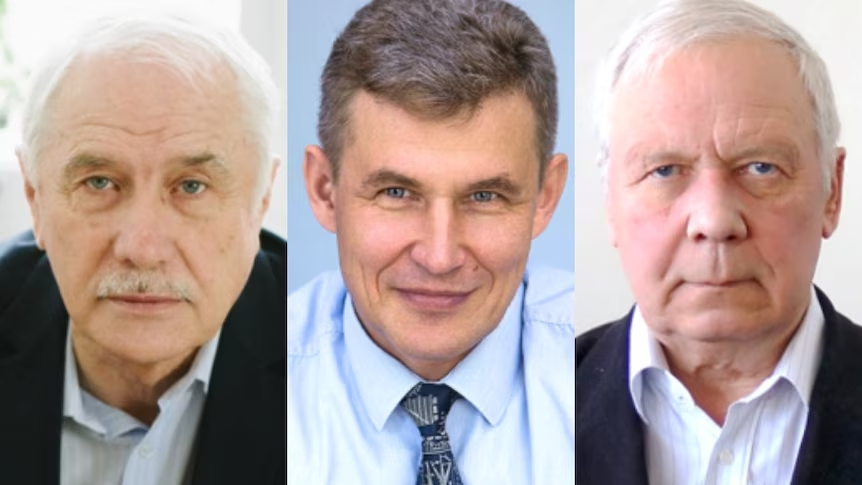A Russian court on Tuesday sentenced physicist Alexander Shiplyuk to 15 years in prison on treason charges, marking the latest in a series of cases against scientists involved in hypersonic missile research.
Shiplyuk, 57, director of a prominent Siberian science institute, was arrested in August 2022. The trial, held behind closed doors as is typical for treason cases in Russia, concluded with the severe sentence that has alarmed the scientific community.

Two of Shiplyuk’s colleagues from the Khristianovich Institute of Theoretical and Applied Mechanics (ITAM) in Novosibirsk, Anatoly Maslov and Valery Zvegintsev, were also detained on suspicion of treason. Maslov, 78, received a 14-year sentence in May.
Shiplyuk’s lawyer has not yet commented on whether the scientist plans to appeal the verdict, which was reported by Russian news agencies.
The Kremlin, commenting on these cases last May, stated that the men face “very serious accusations,” adding that the matter was under the purview of security services.
Russia has positioned itself as a world leader in hypersonic missiles, weapons capable of traveling at up to 10 times the speed of sound and potentially evading air-defense systems.

Sources familiar with Shiplyuk’s case told Reuters last May that the ITAM director was suspected of sharing classified material at a scientific conference in China in 2017. However, Shiplyuk reportedly maintained his innocence, insisting the information was not classified and was freely available online.
The Khristianovich Institute, located at the Akademgorodok science campus near Novosibirsk, is registered as part of Russia’s military-industrial complex, according to its website.
Two U.S. scientists acquainted with Maslov and Shiplyuk told Reuters last year that the arrested Russians were involved in one aspect of hypersonic missile development, a process that also includes integrating sensors, navigational systems, and propulsion.
These cases have raised concerns about academic freedom and international scientific collaboration in Russia, particularly in fields with potential military applications. The sentences have also highlighted the intensifying focus on national security in the country’s scientific research sector.



